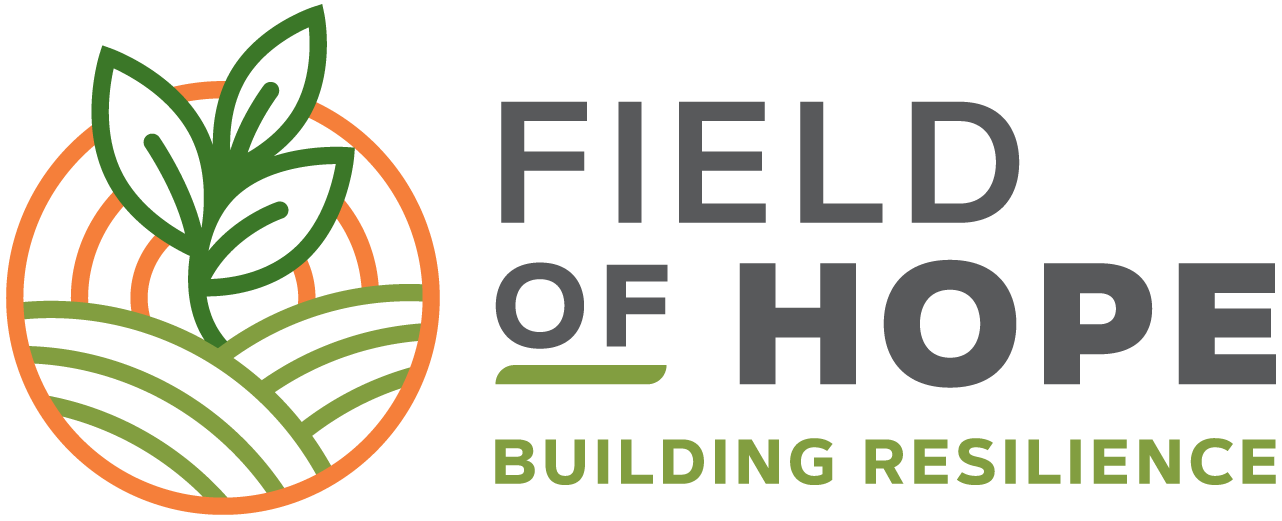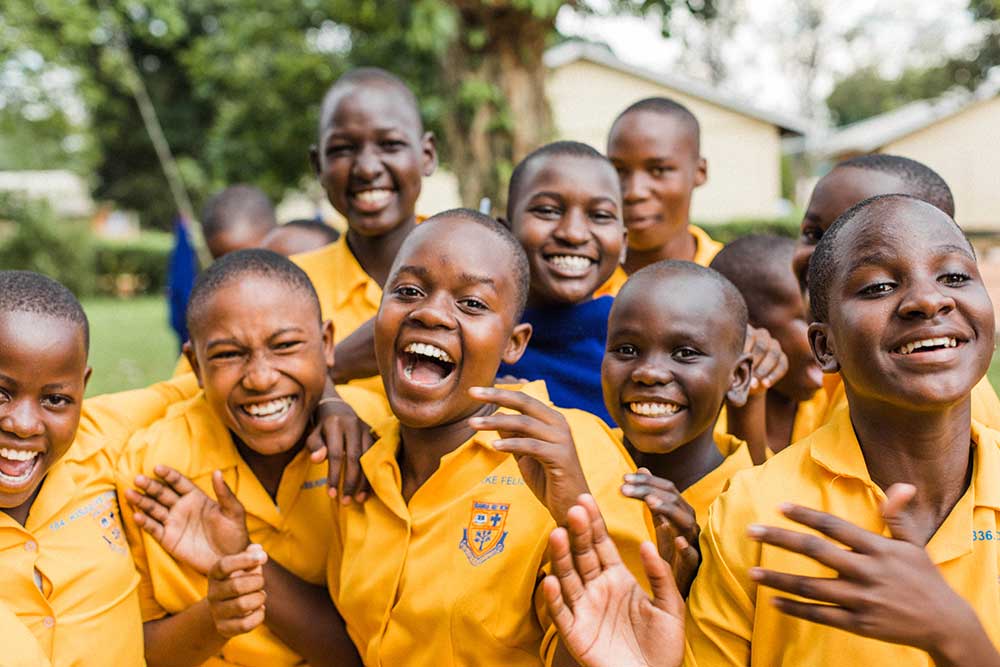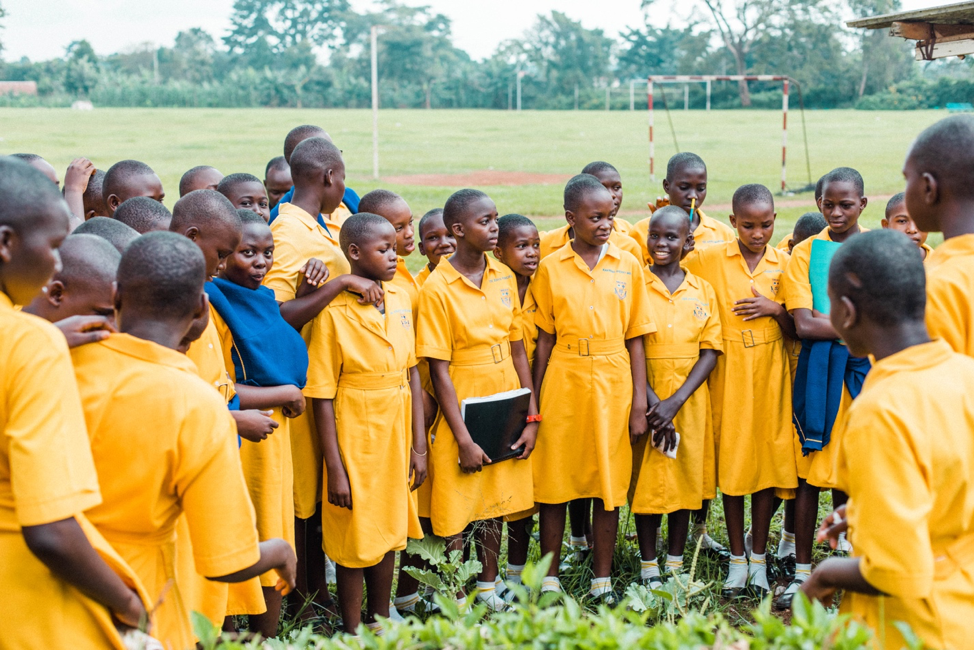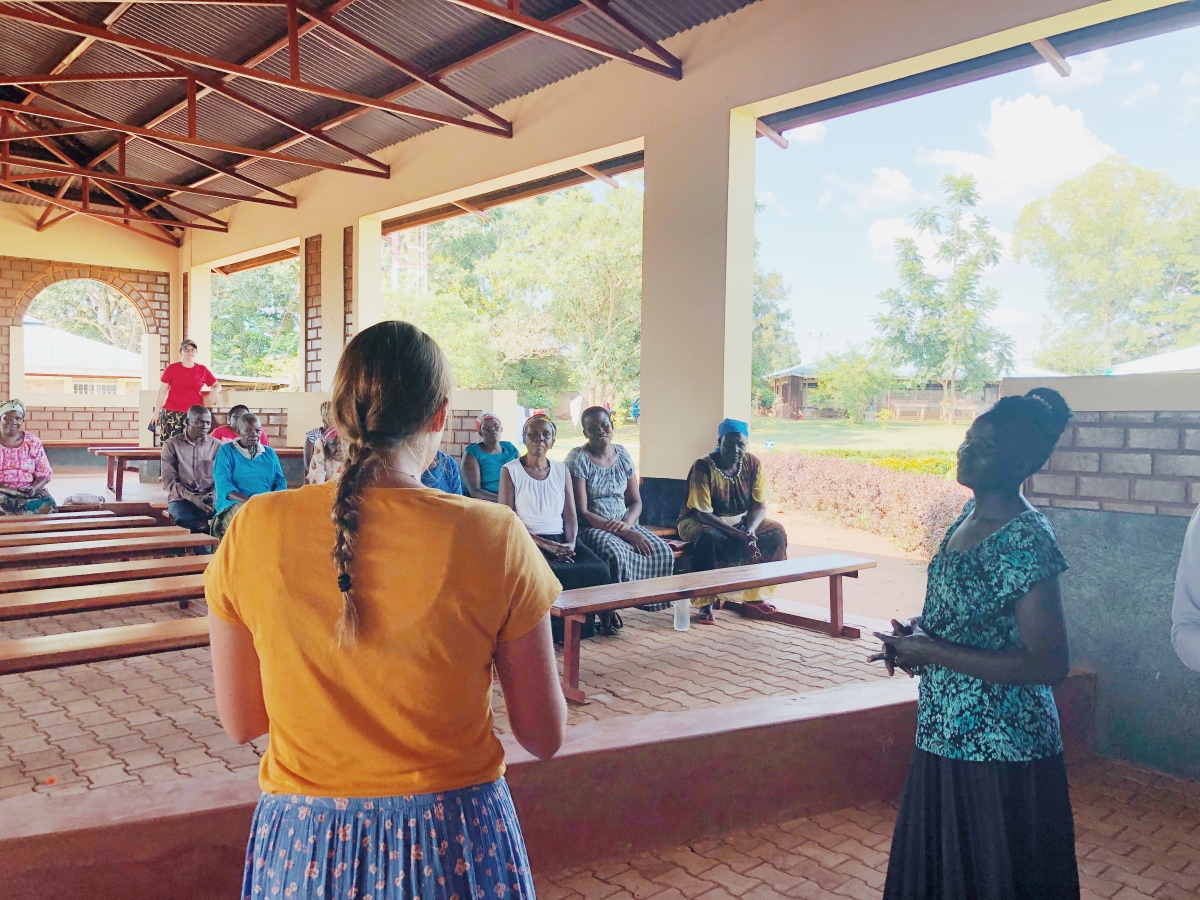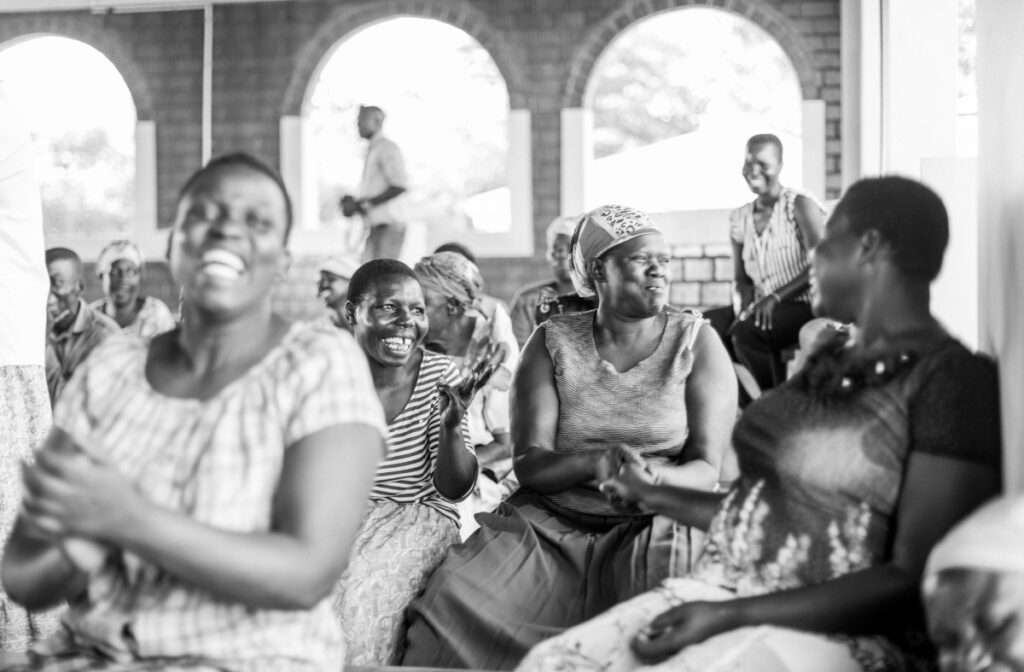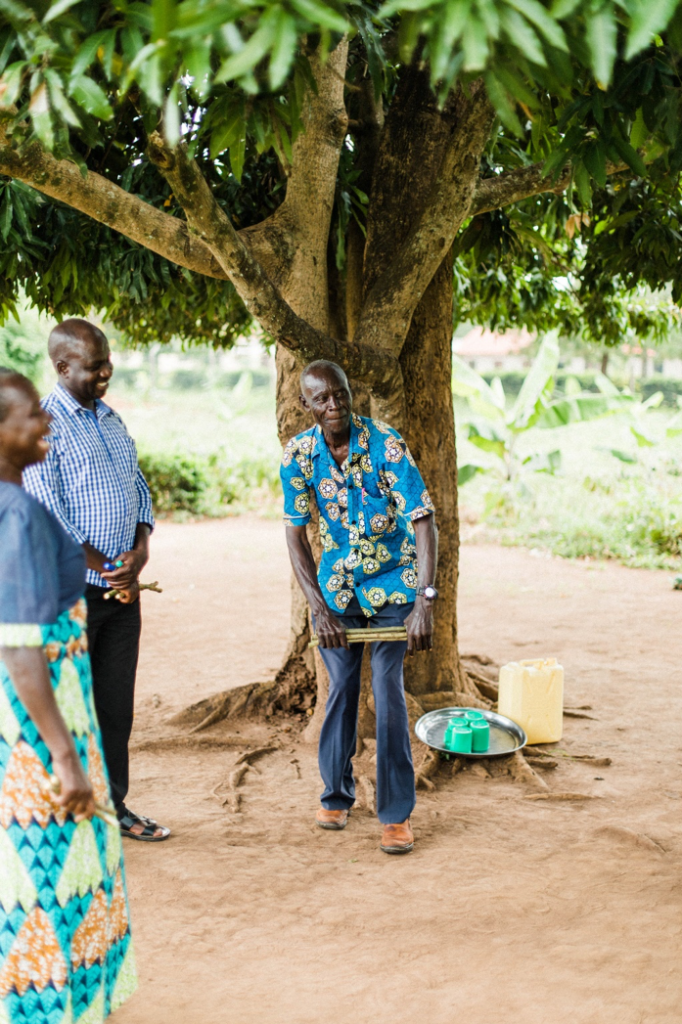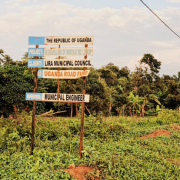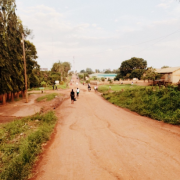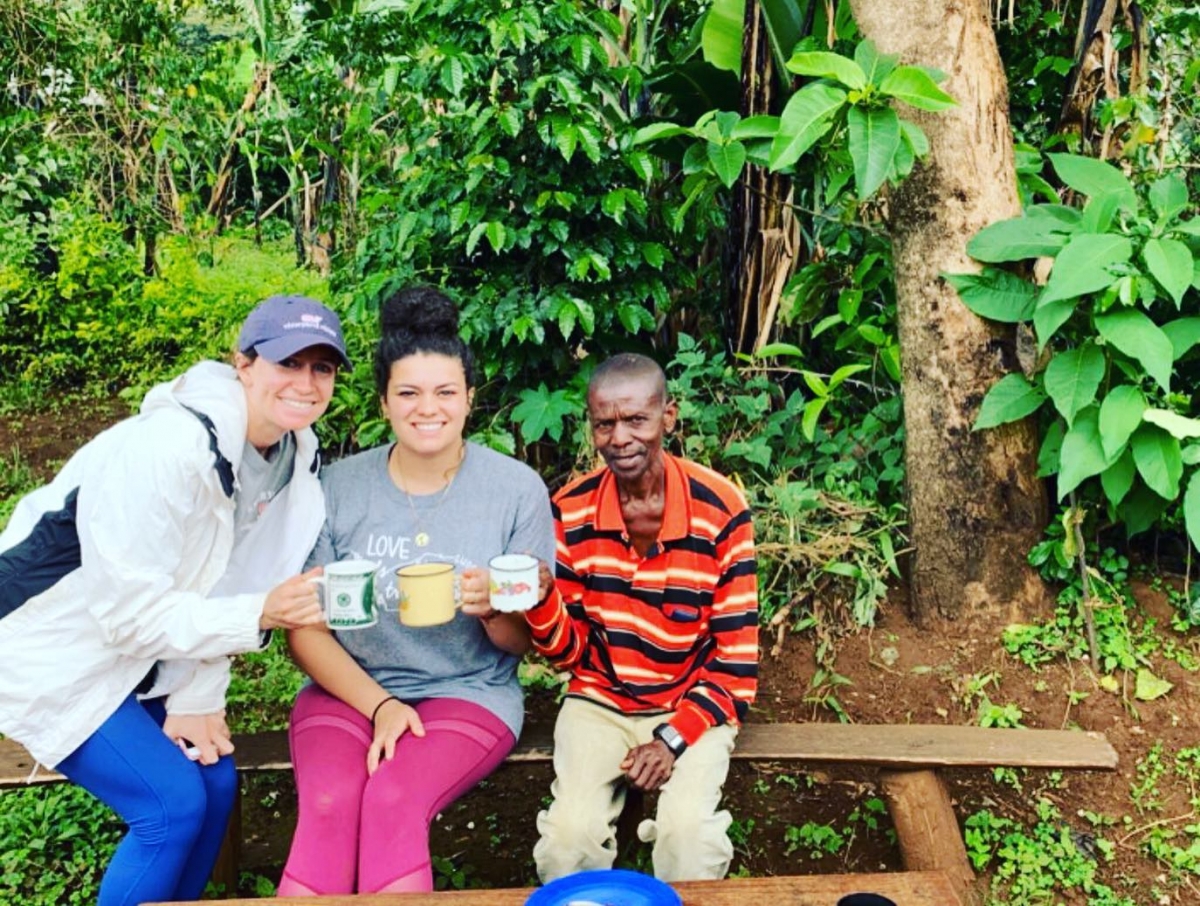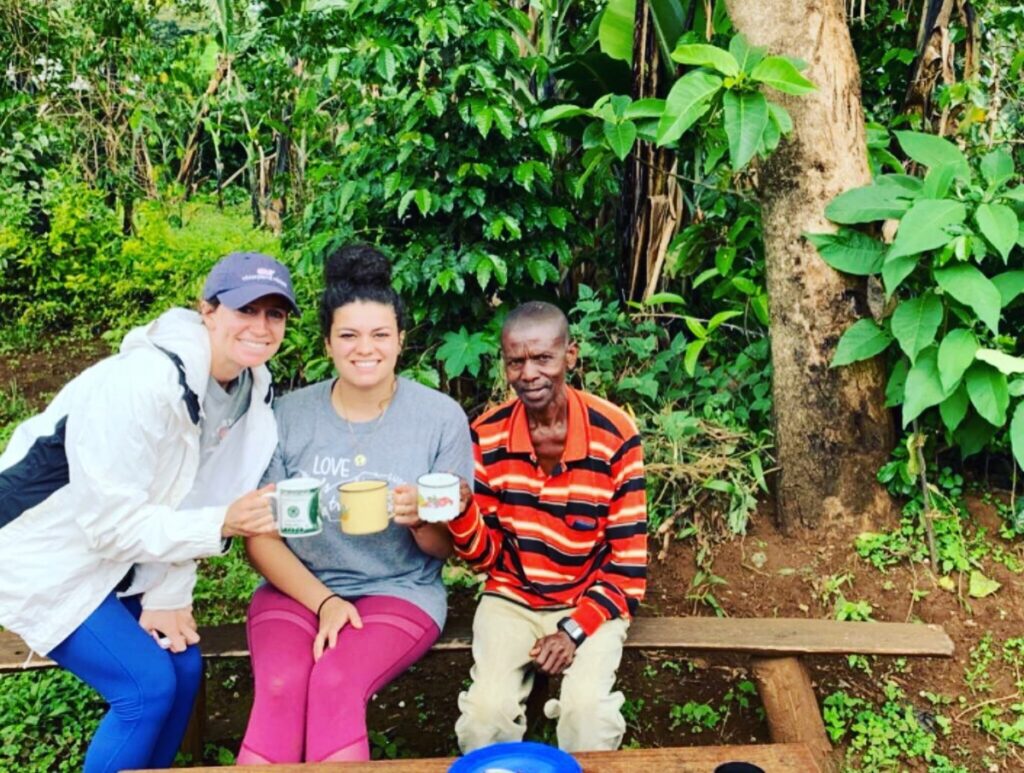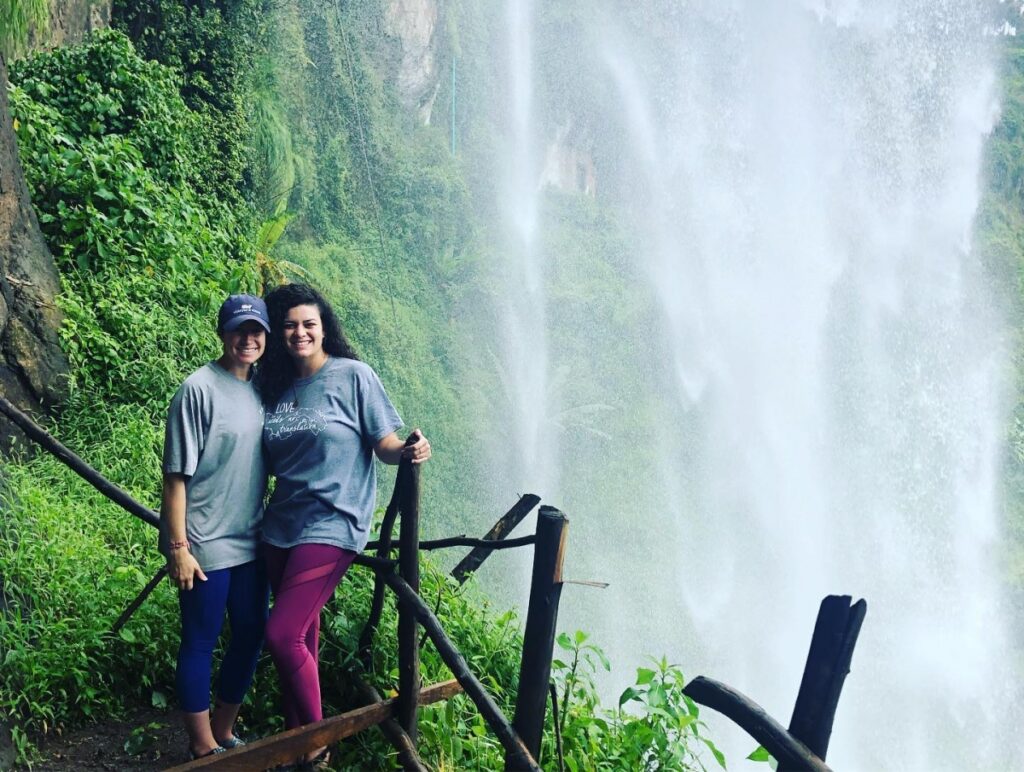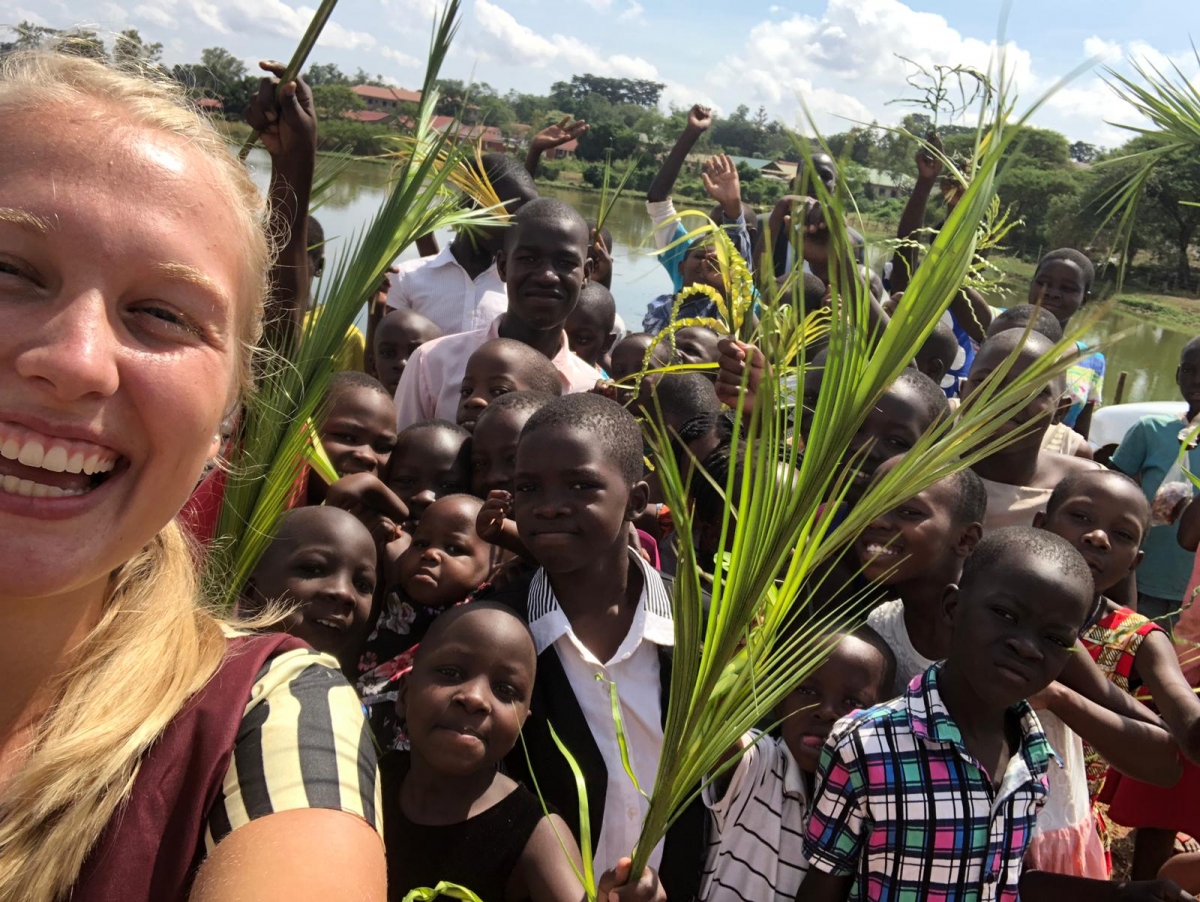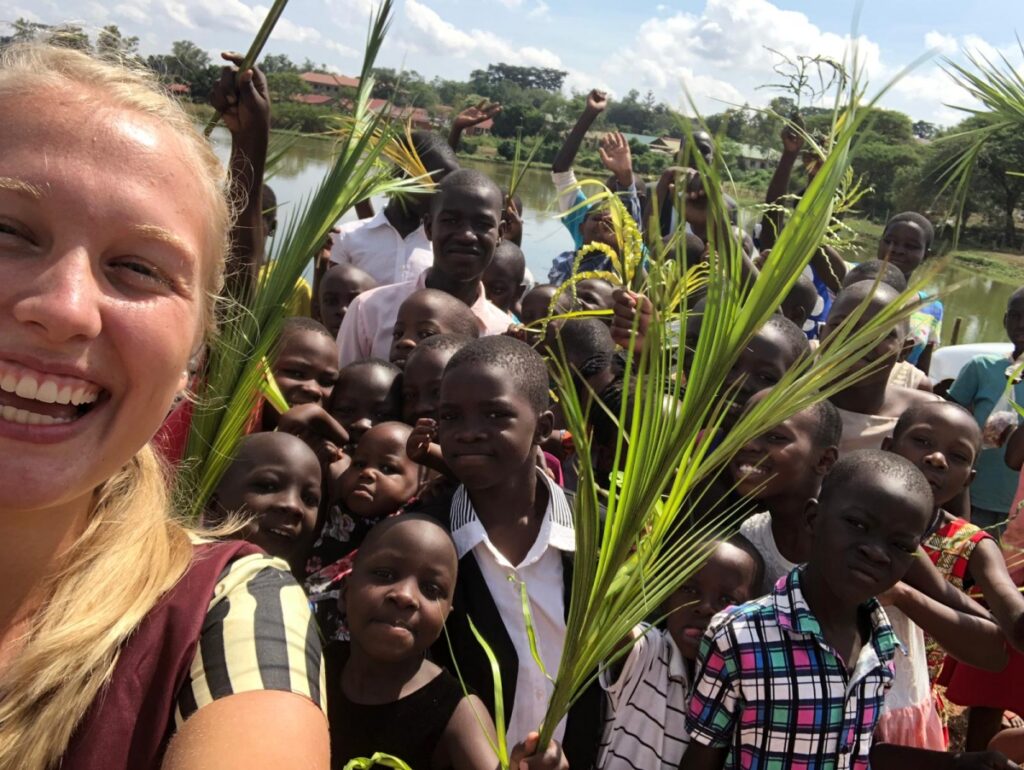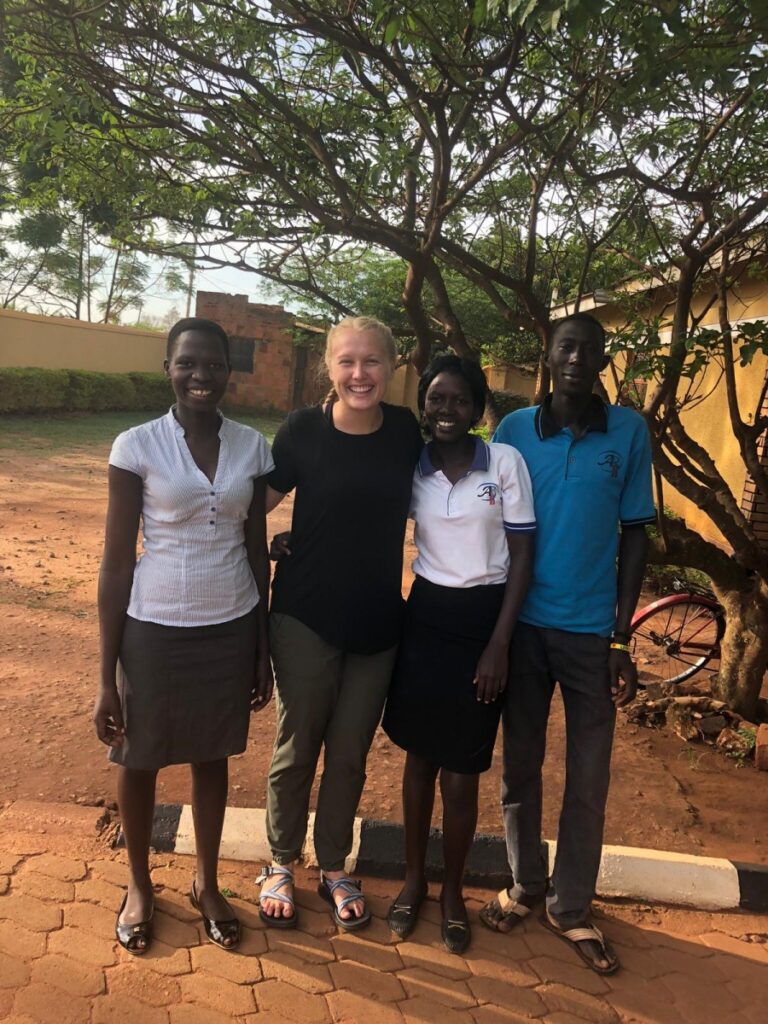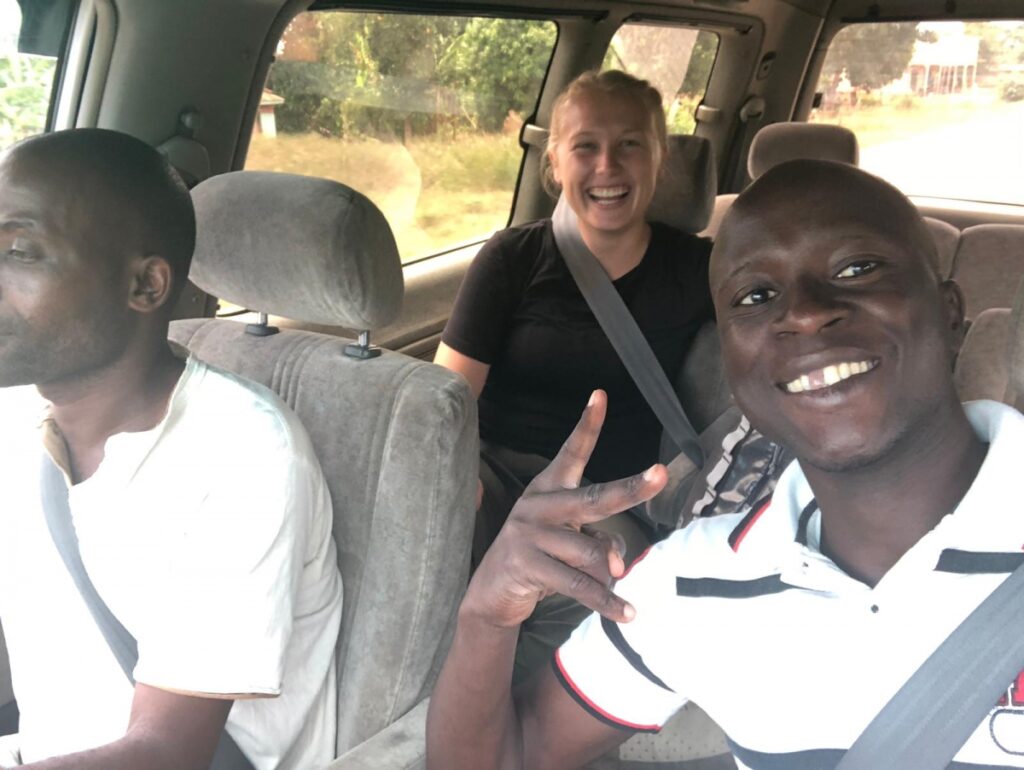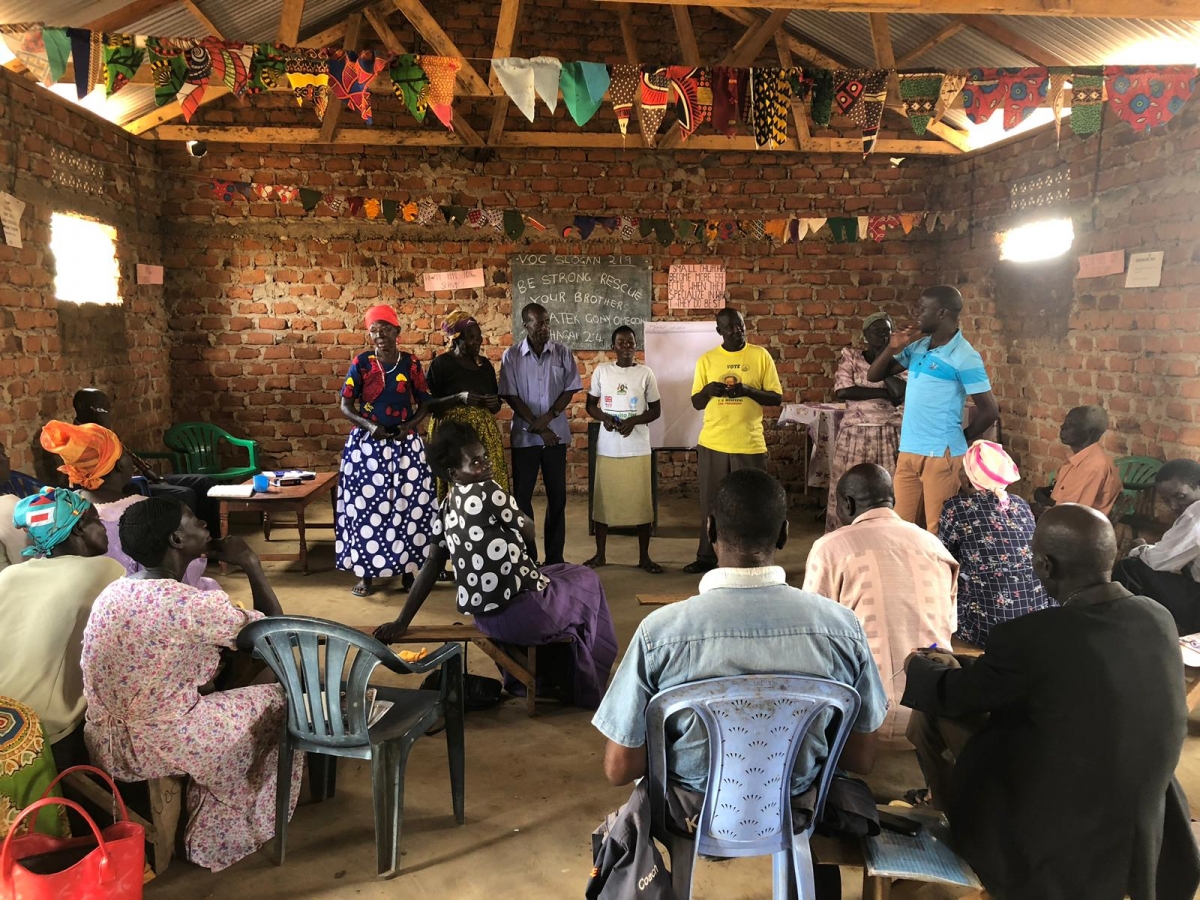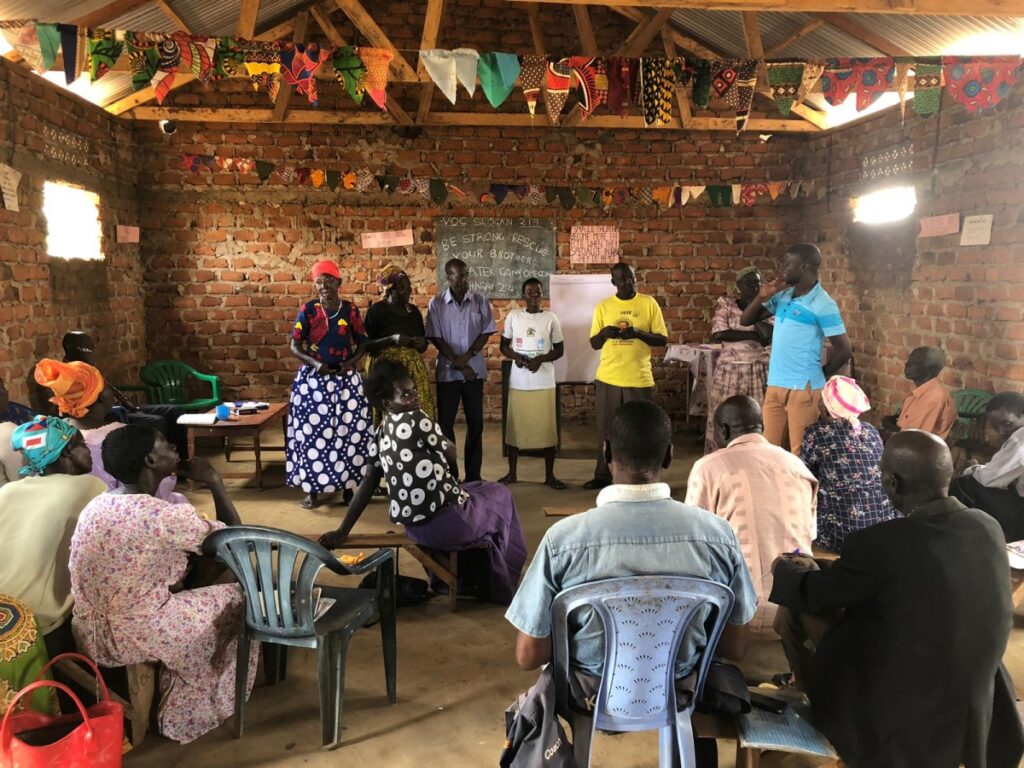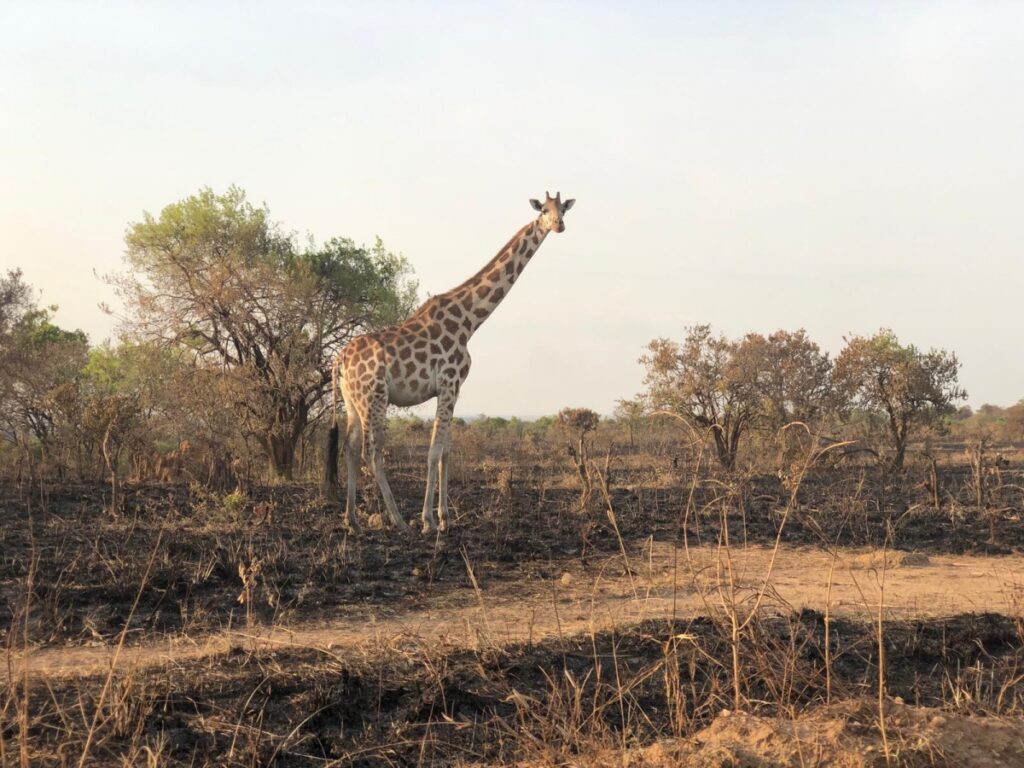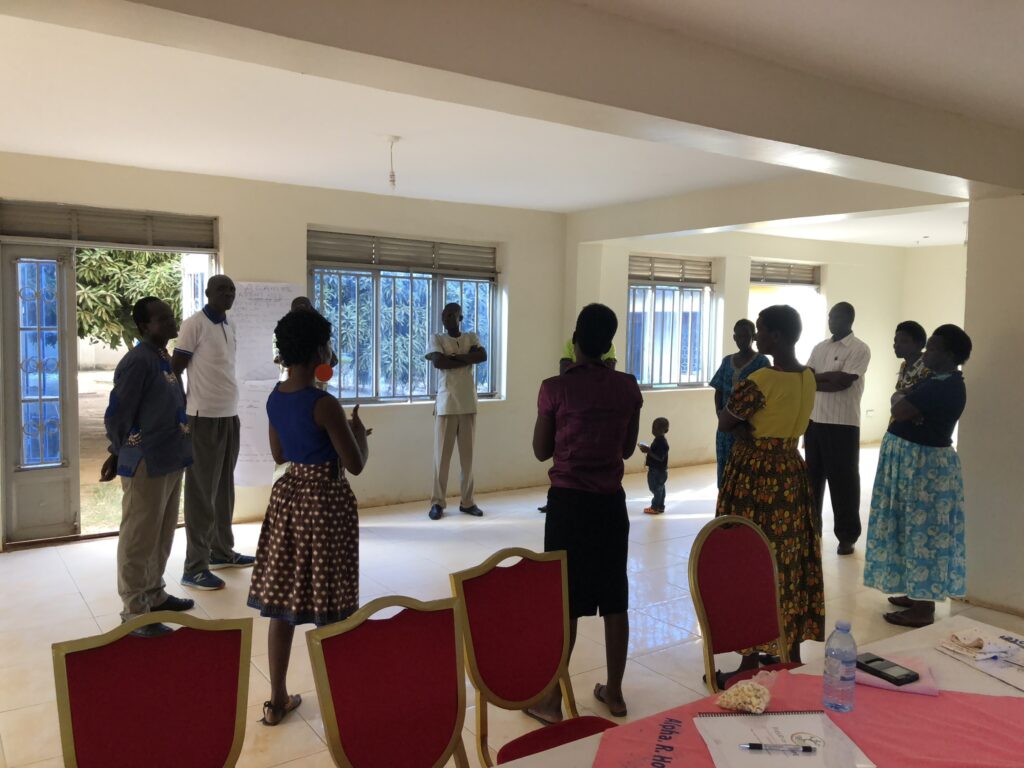Growing up in 4-H, a youth organization back home, I have always felt very familiar with extension services. Knowing where my local extension office was located gave me the ability to acquire knowledge in agriculture easily. At my young age, I never imagined this type of service was something that could be made available on an international or global scale. After only a short time in Uganda, I have realized the influence of extension services throughout the country. There are groups reaching out to the communities through many avenues, e.g. schools, health, and churches. Being a fellow for FOH, has shown me all the work, passion, and commitment of the people involved with extension work provide to the community. FOH believes that empowering people with improved agriculture techniques can improve the nutritional security that is needed in areas of Uganda. I have to say that I agree and that FOH is doing just that.
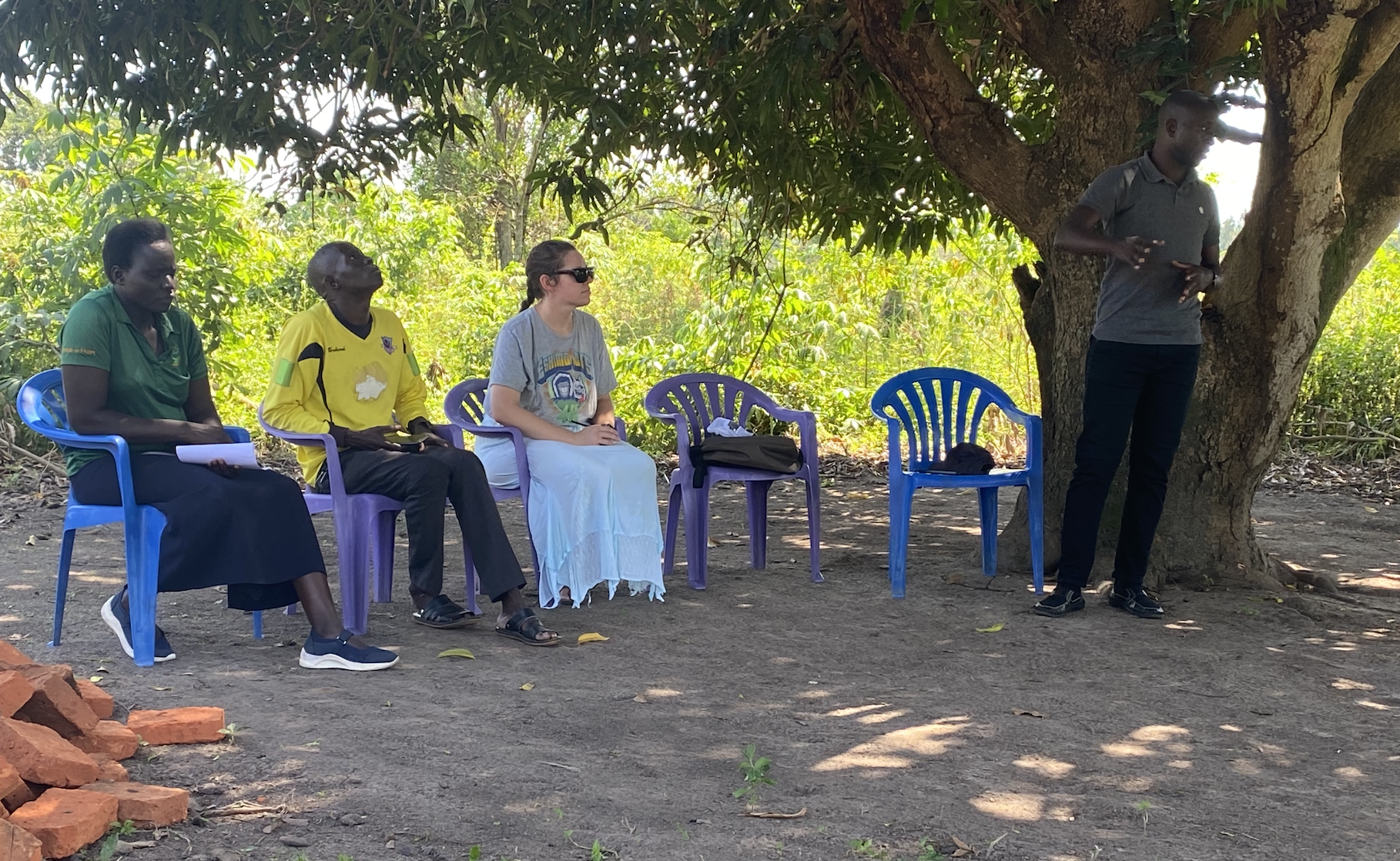 So far on my journey, I have helped with post-harvest season training and the beginnings of a new project for a smallholder farmer group. Additionally, I have been able to engage with the staff at FOH about preparation aspects of the projects they do. I recently explained to a friend back home that extension work (specifically in agriculture) is basically being a liaison of information, some of which can be quite complex. I further stated that extension takes the research and results available on a topic and turns it into something “digestible” for the consumer (farmer). Through training and curriculum production, FOH has become a valuable resource as an extension agent to the small-holder farmers and the schools they work with.
So far on my journey, I have helped with post-harvest season training and the beginnings of a new project for a smallholder farmer group. Additionally, I have been able to engage with the staff at FOH about preparation aspects of the projects they do. I recently explained to a friend back home that extension work (specifically in agriculture) is basically being a liaison of information, some of which can be quite complex. I further stated that extension takes the research and results available on a topic and turns it into something “digestible” for the consumer (farmer). Through training and curriculum production, FOH has become a valuable resource as an extension agent to the small-holder farmers and the schools they work with.
If you were to look up the definition of empowerment, you would read that it is “a process of becoming stronger and more confident, especially over one’s life”. By providing knowledge and training in practical agricultural skills, FOH is empowering the people they serve. Once these farmers, teachers, or school children learn improved techniques, they are equipped with something that can rarely be lost: knowledge and experience. Gaining the know-how of a new idea or product can change how efficient production of agriculture for a farmer or student can be. In agriculture, efficient production leads to overall improvement of life for farmers (or students), whether that means more income, better nutrition, or less time spent on laboring fields.
This past week, I joined David, Joseph, and Hilda at Farm Camp. I found that this camp was similar to 4-H camp back home. The camp focuses on teaching students from around the country on production techniques. FOH had the honor of partnering with the camp leaders and facilitating sessions during the camp. In the opening ceremony, the camp director stated that 800 students were present, ranging in age from primary through secondary schools. It was so amazing to see all these students gathered to learn about ways that agriculture can impact their lives and how they can improve their agricultural productivity. The extension support that FOH gave this camp is just a small portion of their Youth agriculture education pillar.
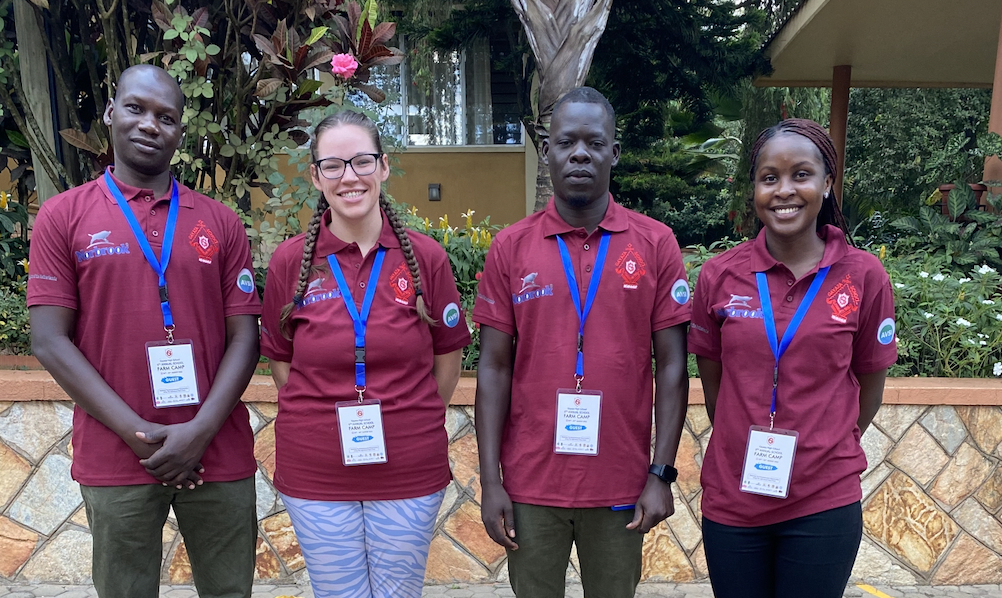
Through my experience so far, I have learned a better understanding of what empowerment through extension services can mean to a family or a village of people. I have witnessed how farmers are growing in knowledge on their crop production and practices because of the trainings they participate in. I am excited that I get to see and be a small part of this organizations mission.
-Angela Hurst, Fellow ’23
